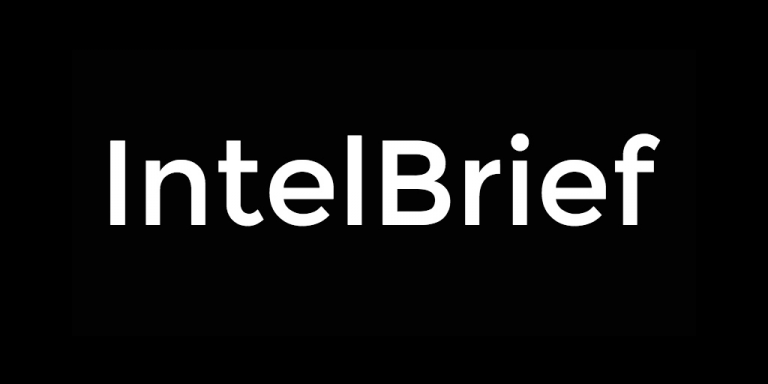INTELBRIEF
September 27, 2017
TSC IntelBrief: The Rise of the German Right

• The September 25 elections in Germany saw the far-right Alternative for Germany (AfD) party take 94 seats in Parliament.
• This is the first time since the Second World War that a nationalist right party has held seats in the German Parliament.
• Backlash against refugees and strong anti-EU sentiment were crucial issues in the AfD’s best electoral showing yet.
• Angela Merkel will begin a fourth term as Chancellor with an extremely unwieldy coalition government.
The two most important results of the September 25 elections in Germany were the worse-than-expected showing by the center-left Social Democratic Party (SPD) and the better-than-expected showing by the nationalist right Alternative for Germany party (AfD). As in recent elections in countries such as the U.S. and France, the German results show the political center failing to hold as centrifugal forces pull voters further towards what was once considered the political fringe. While Angela Merkel will serve a fourth term as Chancellor, the rise of the AfD is a significant milestone in post-war German politics.
As is typical of political parties experiencing sudden growth and popularity, the AfD is facing serious infighting. The party won 94 seats in parliament, though a surprise September 26 announcement by AfD co-chair Frauke Petry to not take her seat reduced the count to 93. Petry has criticized leading AfD figure Alexander Gauland for saying Germany should be proud of the accomplishments of its soldiers in World War Two but has also made extremely controversial statements of her own, including calling for the shooting of refugees coming across the German border, and banning elements of Islam from public display.
In spite of these controversial stances—or because of them—the AfD placed third in the elections, gathering almost 13% of the votes cast. The AfD benefitted from the sizable backlash against the Merkel government’s decision to admit over one million refugees into Germany; Merkel has repeatedly said the country has a moral obligation to help those most in need, and as an aging society, needs young workers to power its future economy. Notably, the regions most opposed to immigration were all in the former East Germany, where small numbers of refugees have been resettled.
Chancellor Merkel will now have to fashion a workable coalition government, with limited options. The SPD says it won’t be part of the new government, and Merkel has ruled out working with the AfD, whose policies are anathema to hers in almost every way. Her Christian Democratic Union (CDU)—along with the Christian Social Union (CSU)—will have to form a government with the Free Democrats (FDP) and the Green party. Assembling this so-called ‘Jamaica Coalition” —with the black flag of CDU/CSU, the yellow of the FDP, and the green of the Greens matching the colors of the Jamaican national flag—has been contentious and unwieldy from the start. On September 25, FDP deputy party leader Wolfgang Kubicki said his party would not agree to join the coalition at all, unless there were significant changes to German energy and fiscal policies.
Germany’s role as western Europe’s leader and the leading proponent of a strong European Union won’t change with the election results, but progress sorting out the EU’s problems will likely become more difficult, given Berlin’s domestic headwinds. The 33% of the electorate won by Merkel’s CDU is the party’s lowest percentage since 1949 - and for the first time since the fall of Hitler, a nationalist far-right party will have power to help shape the agenda in the nation’s parliament.
.
.
For tailored research and analysis, please contact: info@thesoufancenter.org
.
.